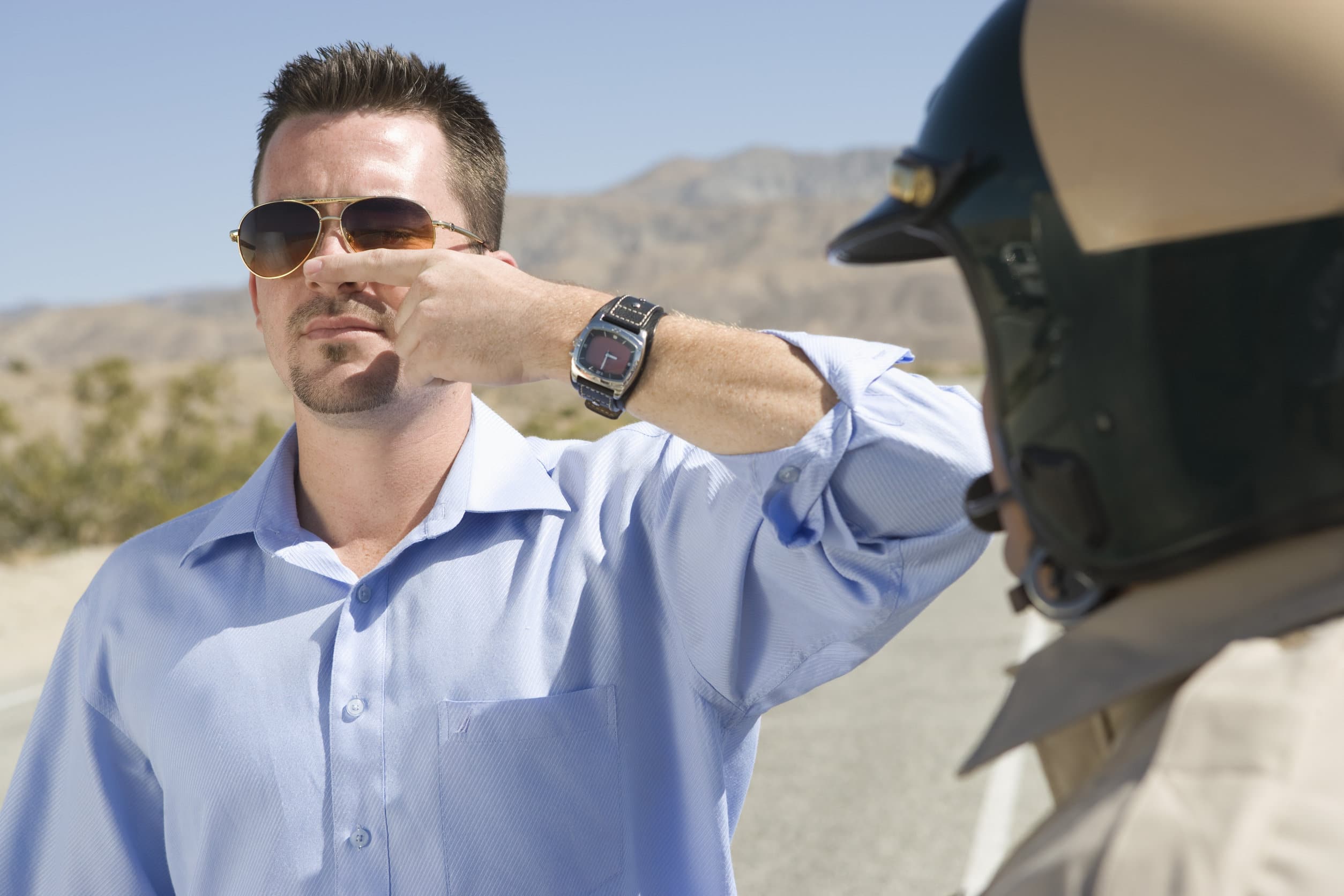If you operate a vehicle while impaired in Colorado, you can face charges – but it’s not quite as simple as you may think. In Colorado, separate DUI and DWAI laws apply to these situations, and how you are charged depends on a variety of factors.
Do you know the difference between a DUI and DWAI in Colorado? If not, read on to find out the difference between these two infractions and what you can face if charged.
What Is a DUI in Colorado?
A DUI means that you are accused of driving under the influence of drugs or alcohol. It is normally charged when someone is pulled over, because they are suspected of driving under the influence. The charge stands if they have a blood alcohol level of 0.08 percent or higher when the police administer a breathalyzer test at the scene.
Even if you are not driving unsafely, anytime you have a blood alcohol level above the legal limit of 0.08 percent, it’s considered a DUI. If you do not appear impaired but have that blood alcohol level, then you may be charged with a “DUI per se”.
What Is a DWAI in Colorado?
DWAI stands for “driving while ability impaired”. If you are pulled over with a blood alcohol level above 0.05 percent but less than 0.08 percent, you will likely be charged with a DWAI. If police observe that your ability to operate a vehicle was even slightly impaired, then – in most cases – you’ll receive a DWAI if your blood alcohol level falls within the limit.
What Are the Penalties for DUI in Colorado?
The penalty for a DUI in Colorado depends on how many times you’ve previously been convicted of one.
First DUI
If you are convicted of a first-time DUI, you face a misdemeanor charge. However, you can still face up to 12 months in jail and be responsible for fines for as much as $1,000. You may also be required to complete up to 96 hours of community service. Your license may be suspended for as many as nine months.
Second DUI
If you are charged with a second DUI, then you can face jail time of up to 12 months and fines of $1,500. You also may be required to complete as many as 120 hours of community service. You can also lose your license.

Third DUI
If you are found guilty for the third time for a DUI in Colorado, the penalties are much the same as a second offense. You can spend up to one year behind bars. You may be required to complete community service for as many as 120 hours. You face a license suspension as well.
Fourth DUI
For a fourth DUI or any subsequent DUIs after that, you will be charged with a Class 4 felony. That means you face up to six years in prison, and you can pay fines of as much as $500,000. You may also be required to complete three years of parole after you are released from prison. Loss of your driver’s license is also on the table.
Penalties for DWAI
A first-time DWAI is a lesser offense than a DUI. However, any subsequent DWAIs carry the same penalties as a DUI listed above. Thus, it’s a serious offense that shouldn’t be repeated, or you can face substantial penalties. Any convictions after the first will put you in jeopardy of prison time, fines, and loss of your driver’s license.
First DWAI
If you are found guilty of DWAI for the first time, then you face up to six months in jail and must pay fines of as much as $500. You also may be required to complete up to 48 hours of community service, and you will get 8 points against your license.
Luckily, a first-time DWAI does not call for an automatic suspension of your license.
Do You Have to Be Driving?

It’s important to note that, in Colorado, you don’t have to be actively driving a car to be charged with a DUI or DWAI. You simply need to be in control of the vehicle. That may mean that you are in the driver’s seat with the keys in the vehicle – they don’t have to be in the ignition.
So, even if you’re impaired but don’t plan on driving anywhere, being in the driver’s seat with your keys is enough to garner a DWAI or DUI charge. Be careful. You don’t want to be charged with either one: DUI or DWAI.
About the Author:
Kimberly Diego is a criminal defense attorney in Denver practicing at The Law Office of Kimberly Diego. She obtained her undergraduate degree from Georgetown University and her law degree at the University of Colorado. She was named one of Super Lawyers’ “Rising Stars of 2012 & 2019” and a “Top 100 Trial Lawyers in Colorado” for 2012-2020 by The National Trial Lawyers. Both honors are limited to a small percentage of practicing attorneys in each state. Additionally, Expertise names her to its lists of the 25 Best Denver DUI Lawyers and 21 Best Denver Criminal Defense Lawyers, both in 2020. Ms. Diego has also been recognized for her work in domestic violence cases.





